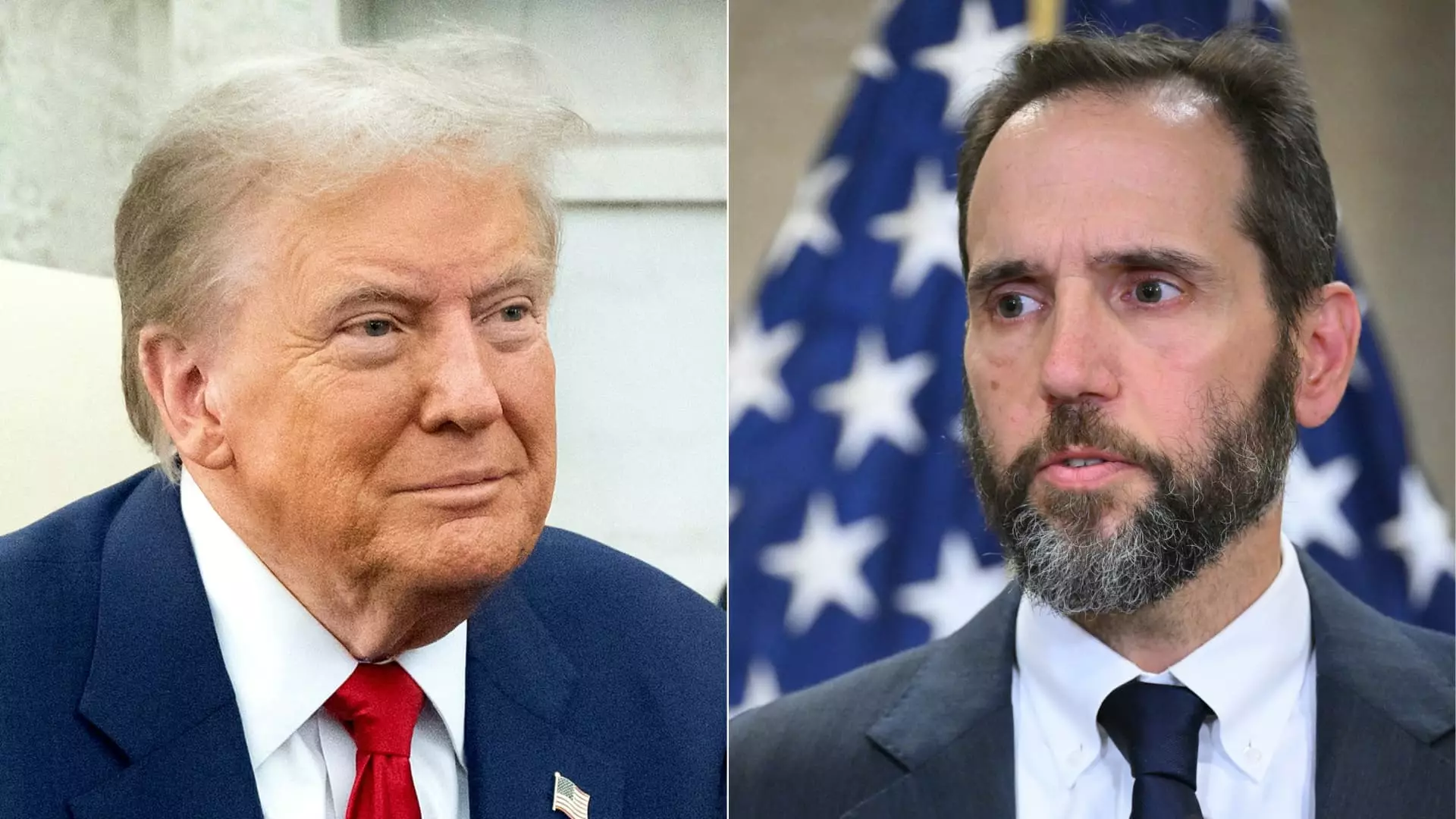In recent months, the investigation of Jack Smith by the Office of Special Counsel (OSC) exemplifies an alarming trend: the weaponization of independent agencies for political gain. While the OSC is designed as a neutral body to handle violations like the Hatch Act, it has become entangled in a partisan tug-of-war that undermines its credibility. This situation raises a fundamental question: Are these investigations genuinely about upholding integrity, or are they just political tools wielded by those seeking to erode the opposition’s legitimacy?
The current saga reveals a disturbing blurring of lines between justice and politics. Critics contend that selective enforcement of rules, especially when devoid of concrete evidence, turns once-neutral institutions into instruments of political warfare. The fact that the OSC, which lacks prosecutorial authority, merely prefers to advocate disciplinary or refer cases to the Department of Justice highlights a potential loophole exploited for partisan ends. When accusations are levied against figures like Jack Smith—who is subsequently subjected to investigations seemingly driven more by political agendas than legal necessity—the very fabric of independent oversight starts to fray.
A Center-Left Perspective on Democratic Vigilance
From a centrist liberal viewpoint, the danger is not necessarily in investigating misconduct but in how these investigations are framed and executed. While accountability is the bedrock of democratic governance, it must not become a weapon to delegitimize opponents unfairly. The insistence by figures like Republican Senator Tom Cotton that the OSC’s probe into Smith amounts to “unprecedented interference” reflects a broader attempt to dismiss legitimate oversight through the lens of political attack. Such claims can erode public trust in democratic institutions if left unchecked, fostering cynicism and division.
Moreover, this situation highlights the importance of institutional integrity. The absence of clear, objective evidence connecting Smith’s actions to illegal or unethical conduct isn’t an argument for ending scrutiny but a reminder that political accusations require careful, unbiased review. Genuine oversight necessitates transparency and fairness, standards that seem increasingly compromised in this polarized environment. If agencies are pressured or weaponized to serve partisan ends, they become just another battleground rather than guardians of the rule of law.
The Broader Implications for American Democracy
The ongoing controversy is emblematic of a deeper malaise within American politics: the erosion of trust in civic institutions. When entities like the OSC are perceived as pawns rather than arbiters, the foundations of accountable governance weaken. In such a climate, allegations spin wildly out of control, often without substantive proof, fueling a cycle of suspicion and division that hampers effective policy and judicial processes.
This dynamic is particularly hazardous for a democracy that relies on the independence and impartiality of its investigative bodies. Liberal centrists must champion reforms that reinforce these principles, ensuring that investigations are rooted in evidence, free from partisan pressure, and conducted with the utmost integrity. Only through such measures can the country ensure that justice is not corrupted by political expediency and that the rule of law remains resilient against the corrosive influence of division.


Leave a Reply